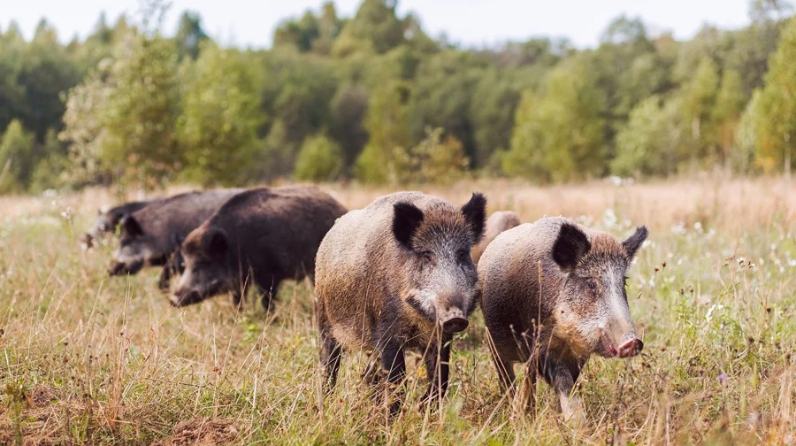The Ministry of Agriculture and Food of the Republic of Tatarstan recommends agricultural producers to comply with measures to prevent the spread of ASF

According to the protocol of the meeting with the Chairman of the Government of the Republic of Tatarstan Dmitry Medvedev, the Ministry of Agriculture of Russia notes that the circulation of the virus among wild boars and the formation of natural foci of this disease continues to be one of the key reasons of the ASF spread.
The Ministry of Agriculture and Food of the Republic of Tatarstan warns that fields with fodder crops may be the forage base of wild animals, including wild boar. In addition, birds (corvidae and small passerines), as well as mouse-like rodents, can spread infected feed.
The most attractive crops for wild animals are oats, wheat, corn, legumes, root crops (mainly for wild boar and bear), as well as winter crops and clover (mainly for elks and roe deers). Therefore, the location of fields with fodder crops near large pig enterprises and farms increases a risk of ASF spread.
It is recommended to arrange fields with forage crops, taking into account the criterion of remoteness from enterprises, to exclude the sowing of fodder crops at a distance closer than 1 km from the fence of the enterprise or to use enclosing structures (electropathies, noise repelling signals, etc.) that exclude free access for animals.
To reduce the damage, it is recommended to not sow near large forests, overgrown with ravines. Fields cultivated in the vicinity of island forests are visited by animals not so often.
It is also recommended to exclude contact of wild animals with agricultural products that are undergoing further processing on dryers, as well as being stored in warehouses, and to organize deratization and repelling of birds. It is necessary to equip the perimeter of production and warehouse complexes with enclosing structures that exclude the possibility of animal penetration.